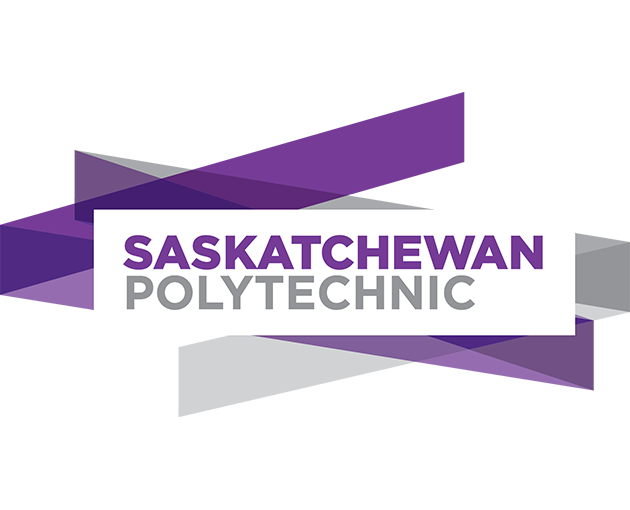Immunization Record
Current immunization information must be submitted prior to the clinical portion of the program starting. You may require further immunization. All costs associated with vaccines are the responsibility of the student.
Professional Assault Response Training (PART®) © Intermediate certification
Accepted applicants will be required to provide evidence of PART® Intermediate certification upon admission to the program. PART® certification is valid for 3 years from the date of completion. Recertification may be required during your studies.
Transferring Lifting Repositioning (TLR®)
Accepted applicants will be required to provide evidence of Transferring, Lifting and Repositioning (TLR®) © certification upon admission to the program. TLR® certification is valid for 3 years from the date of completion. Recertification may be required during your studies.
WHMIS Globally Harmonized System (GHS) Certification
Accepted applicants are required to provide evidence of WHMIS certification upon admission to the program. Recertification will be required every three years to remain current.
Standard First Aid
Proof of current Standard First Aid and Heart and Stroke Foundation CPR is required prior to entry into the clinical practicum. The required course for CPR is Basic Life Support – Health Care Provider (BLS-HCP).
Criminal Record Check
Criminal record checks are required and must include a vulnerable sector check. It is at the discretion of the health region whether a student with a criminal record will be allowed to participate in clinical components. All costs associated with the criminal record check are the responsibility of the student. Criminal record checks must be dated July 1 or later of the current program year.
At the discretion of the clinical agency, you may be declined access to a clinical placement based on the contents of the Criminal Record Check and Vulnerable Sector Search. The cost of the Criminal Record Check and Vulnerable Sector Search is your responsibility.
Food Safe Level 1 Certification
Food Safe Level 1 Certification prior to entry into the clinical practicum. Students are responsible for the costs of these certificates.
Mask Fit - 2 sizes
Accepted applicants are required to provide evidence of current N95 respirator mask fit testing prior to start of clinical practicum as directed by the program. Mask Testing is recommended to be updated annually, however, it is mandatory to be updated every 2 years. If expiry date occurs within the program delivery date, student must re-submit proof of testing that has a validity covering the duration of the program.
Requisite Skills and Abilities
Applicants should have the Requisite Skills and Abilities (pdf) to become a Licensed Practical Nurse in Canada.

